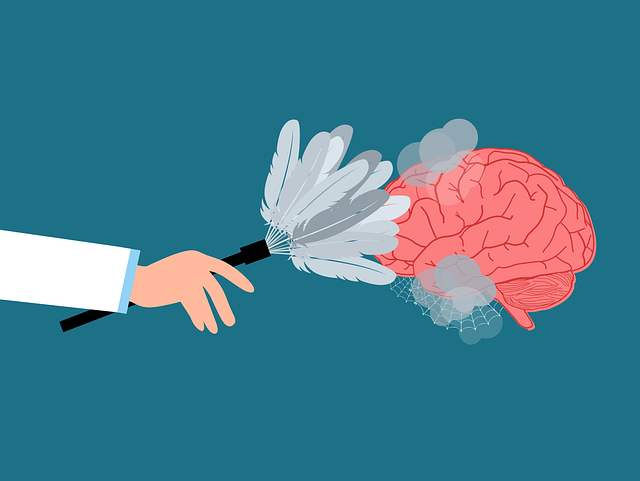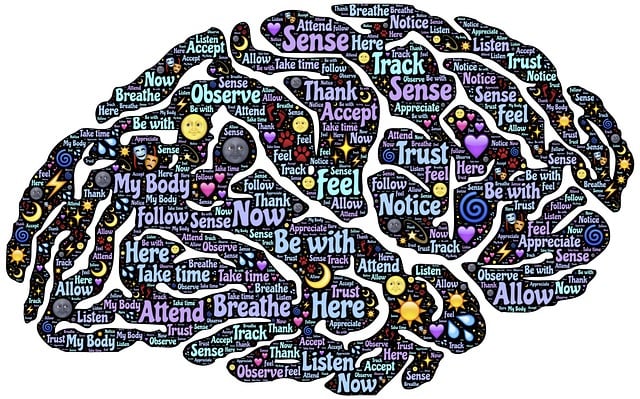Specialized Superior French Speaking Therapy offers tailored mental health crisis support for French-speaking individuals, addressing unique cultural and linguistic challenges. This approach combines immediate assistance with building resilience, bridging gaps through advanced therapy skills and cultural competency training. By integrating this strategy into healthcare, disparities in mental health care are prevented, ensuring improved access to quality services that enhance long-term healing and coping abilities. Post-crisis support, including empowering conversations and accessible resources, further promotes holistic recovery.
In times of crisis, French-speaking therapists play a crucial role in providing vital guidance. This article explores effective crisis intervention strategies tailored for this specialized context. We delve into understanding crisis intervention, building a robust framework, mastering communication techniques that overcome language barriers, and offering post-crisis support for long-term healing. Discover how superior French-speaking therapy enhances resilience and empowers individuals to navigate challenging situations successfully.
- Understanding Crisis Intervention: A Vital Role for French-Speaking Therapists
- Building a Framework: Key Components of Effective Crisis Strategies
- Communication Techniques: Navigating Language Barriers and Cultural Sensitivity
- Post-Crisis Support: Fostering Resilience and Long-Term Healing
Understanding Crisis Intervention: A Vital Role for French-Speaking Therapists

In the realm of mental health support, crisis intervention plays a pivotal role in stabilizing individuals facing severe distress or traumatic events. French-speaking therapists possess a unique advantage in this context, as they can offer specialized care tailored to meet the cultural and linguistic needs of their community. Understanding crisis intervention is not just about providing immediate support; it’s about empowering individuals to navigate through their crises and fostering resilience. With superior French-speaking therapy skills, healthcare providers can build trust and connect more effectively with clients from diverse backgrounds.
The integration of crisis intervention guidance into therapeutic practices ensures that these professionals are equipped to handle a range of emergencies. By combining this expertise with cultural competency training, healthcare providers can address the specific challenges faced by French-speaking individuals. This includes understanding cultural nuances in stress reduction methods and recognizing how language barriers might impact seeking help. Crisis Intervention Guidance, therefore, becomes an essential tool for improving access to quality care, ensuring that no one falls through the cracks due to communication or cultural disparities.
Building a Framework: Key Components of Effective Crisis Strategies

Building a robust framework is essential for effective crisis intervention strategies. A superior French-speaking therapy approach should form the cornerstone, ensuring cultural sensitivity and effective communication with diverse clients. This involves training therapists in linguistic proficiency and an understanding of cultural nuances to create a safe and inclusive environment.
Key components include integrating self-care practices to prevent therapist burnout, which is crucial for sustained emotional availability. Promoting self-esteem improvement and anxiety relief techniques within the therapy setting can empower individuals to manage crises more effectively. Tailoring interventions to address specific needs fosters a holistic approach, enhancing long-term resilience and coping strategies.
Communication Techniques: Navigating Language Barriers and Cultural Sensitivity

Effective communication is a cornerstone of crisis intervention, yet navigating language barriers and cultural sensitivities can pose significant challenges. In diverse communities, where individuals speak various languages or have unique cultural backgrounds, therapists must employ specialized techniques to ensure every client receives quality care. This often involves mastering not just the language but also understanding the nuances of cultural expressions and values.
For instance, in a situation where a Superior French-speaking therapist interacts with a client from a non-French-speaking background, utilizing clear and simple language, coupled with visual aids or technology, can bridge the gap. Additionally, incorporating conflict resolution techniques that respect and accommodate different cultural perspectives fosters an environment of understanding and trust, enhancing mental wellness and building resilience.
Post-Crisis Support: Fostering Resilience and Long-Term Healing

After a crisis, providing post-crisis support is essential for fostering resilience and promoting long-term healing. This phase builds upon immediate intervention by focusing on empowering individuals to navigate the aftermath and rebuild their lives. A key aspect of this process involves encouraging open conversations about the traumatic event(s), allowing individuals to express their feelings and share their experiences. Superior French Speaking Therapy can play a pivotal role here, offering a safe and non-judgmental space for clients to process their emotions and gain perspective.
Through tailored therapy sessions, individuals can work on enhancing their self-esteem and mental wellness. The Mental Wellness Podcast Series Production can be utilized as an adjunctive tool, providing accessible resources and strategies for resilience building. By integrating these approaches, the recovery journey becomes more holistic, addressing not just the immediate aftermath of a crisis but also laying the foundation for sustained emotional well-being and personal growth.
In conclusion, crisis intervention plays a pivotal role in supporting individuals facing severe emotional distress. This article has explored essential strategies for French-speaking therapists, highlighting the importance of cultural sensitivity and effective communication techniques. By integrating these key components—from understanding crisis intervention to post-crisis support—therapists can provide superior care tailored to the unique needs of their French-speaking clients. Enhancing resilience and promoting long-term healing are achievable goals when navigating this complex landscape together.














